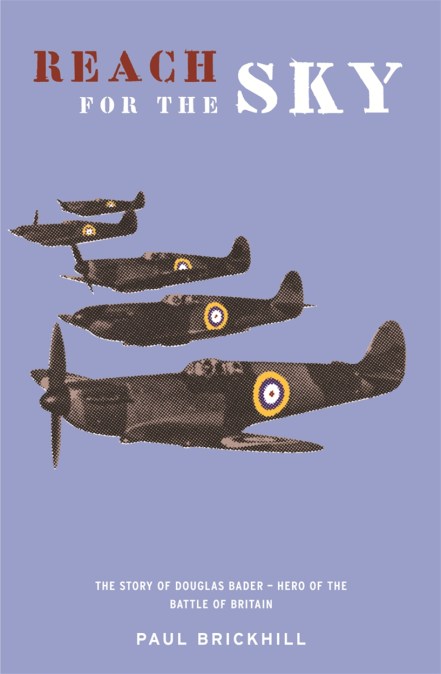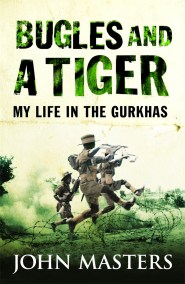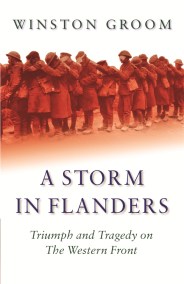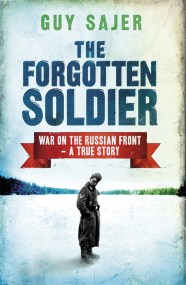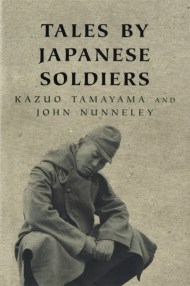The bestselling story of Britain’s most courageous and most famous flyer, the Second World War hero Sir Douglas Bader.
In 1931, at the age of 21, Douglas Bader was the golden boy of the RAF. Excelling in everything he did he represented the Royal Air Force in aerobatics displays, played rugby for Harlequins, and was tipped to be the next England fly half. But one afternoon in December all his ambitions came to an abrupt end when he crashed his plane doing a particularly difficult and illegal aerobatic trick. His injuries were so bad that surgeons were forced to amputate both his legs to save his life. Douglas Bader did not fly again until the outbreak of the Second World War, when his undoubted skill in the air was enough to convince a desperate air force to give him his own squadron.
The rest of his story is the stuff of legend. Flying Hurricanes in the Battle of Britain he led his squadron to kill after kill, keeping them all going with his unstoppable banter. Shot down in occupied France, his German captors had to confiscate his tin legs in order to stop him trying to escape. Bader faced it all, disability, leadership and capture, with the same charm, charisma and determination that was an inspiration to all around him.
In 1931, at the age of 21, Douglas Bader was the golden boy of the RAF. Excelling in everything he did he represented the Royal Air Force in aerobatics displays, played rugby for Harlequins, and was tipped to be the next England fly half. But one afternoon in December all his ambitions came to an abrupt end when he crashed his plane doing a particularly difficult and illegal aerobatic trick. His injuries were so bad that surgeons were forced to amputate both his legs to save his life. Douglas Bader did not fly again until the outbreak of the Second World War, when his undoubted skill in the air was enough to convince a desperate air force to give him his own squadron.
The rest of his story is the stuff of legend. Flying Hurricanes in the Battle of Britain he led his squadron to kill after kill, keeping them all going with his unstoppable banter. Shot down in occupied France, his German captors had to confiscate his tin legs in order to stop him trying to escape. Bader faced it all, disability, leadership and capture, with the same charm, charisma and determination that was an inspiration to all around him.
Newsletter Signup
By clicking ‘Sign Up,’ I acknowledge that I have read and agree to Hachette Book Group’s Privacy Policy and Terms of Use
Reviews
Brickhill, himself a fighter pilot and a POW, tells Bader's story with authenticity. He writes in an empathetic, almost affectionate manner, portraying his subject's personal qualities, both good and bad, in the best possible light
In 1941 [Bader] was shot down and captured by the Germans, who treated him with great respect - even allowing the Brits to drop in a new prosthetic leg. He became such a nuisance for the Germans, who were becoming increasingly annoyed by the number of attempted escapes he made
A remarkable story about a remarkable English WW 2 RAF pilot who refused to be put down or aside after a tragic accident left him without legs. An inspirational and real figure, just a normal man who refused to sit by

